Curious about how other composers collaborate, I reached out to a number of my peers to ask how they bring additional composers onto projects….what challenges they’ve encountered, and how they manage cue sheets and credits in the process.
Steal – Episodes 4, 5 & 6
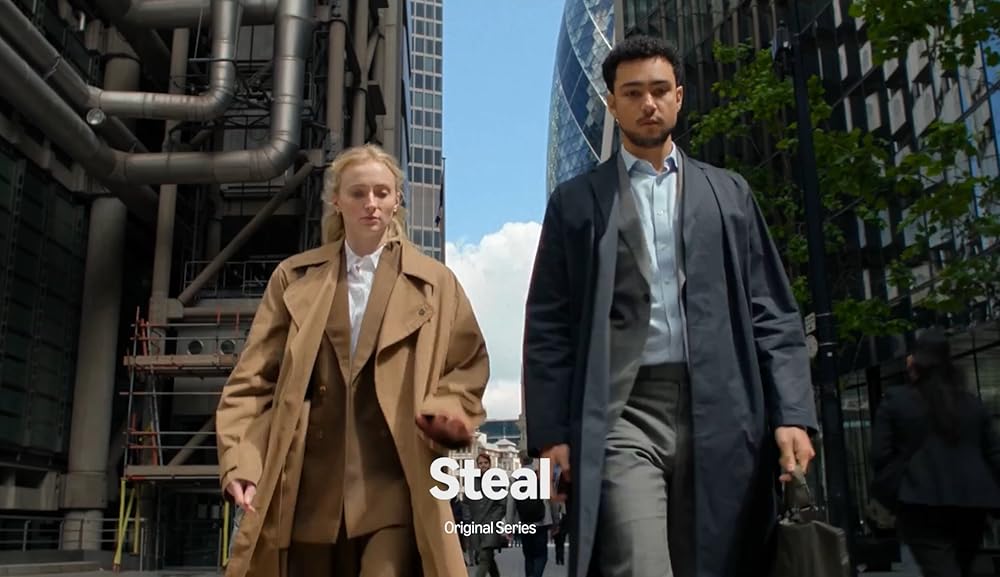
Composer: Martin Phipps
Additional Music Episode 4: Benji Merrison
Composers Episodes 5 & 6: Martin Phipps & Benji Merrison
6×60 Amazon Studios (2025)
From the outset, I intended to co-write the later episodes with another composer of my choosing. This is a common practice in long-form series and, in this case, the only realistic way to make the schedule work.
Before starting a project, it’s impossible to predict whether I will need to bring in an additional composer or co-composer. Until the overall “sound” of the show is established, it isn’t clear who the right collaborator might be. Once the musical language is defined, it becomes much easier to identify someone who can extend and complement that style. Because of this, contracts drawn up at the beginning of production cannot always specify a second composer, and an amendment is sometimes required later.
As lead composer, I retain full responsibility for delivering a cohesive score. If the additional composer proves not to be a good fit, I must either rework the material myself or find another solution to ensure the music meets the required standard. This makes it difficult to determine credits in advance.
After establishing the sound of the series in Episodes 1, 2 & 3, I brought Benji on board. His work immediately made a significant contribution, and his material integrated seamlessly with the musical direction I had set. I promised him a joint credit for Episodes 5 and 6, which was confirmed with the production office upon final music delivery. Benji was issued a contract by production, is listed on the cue sheet for his cues, and received a joint composer credit for Episodes 5 and 6. And an additional music credit for Episode 4.
American Nightmare
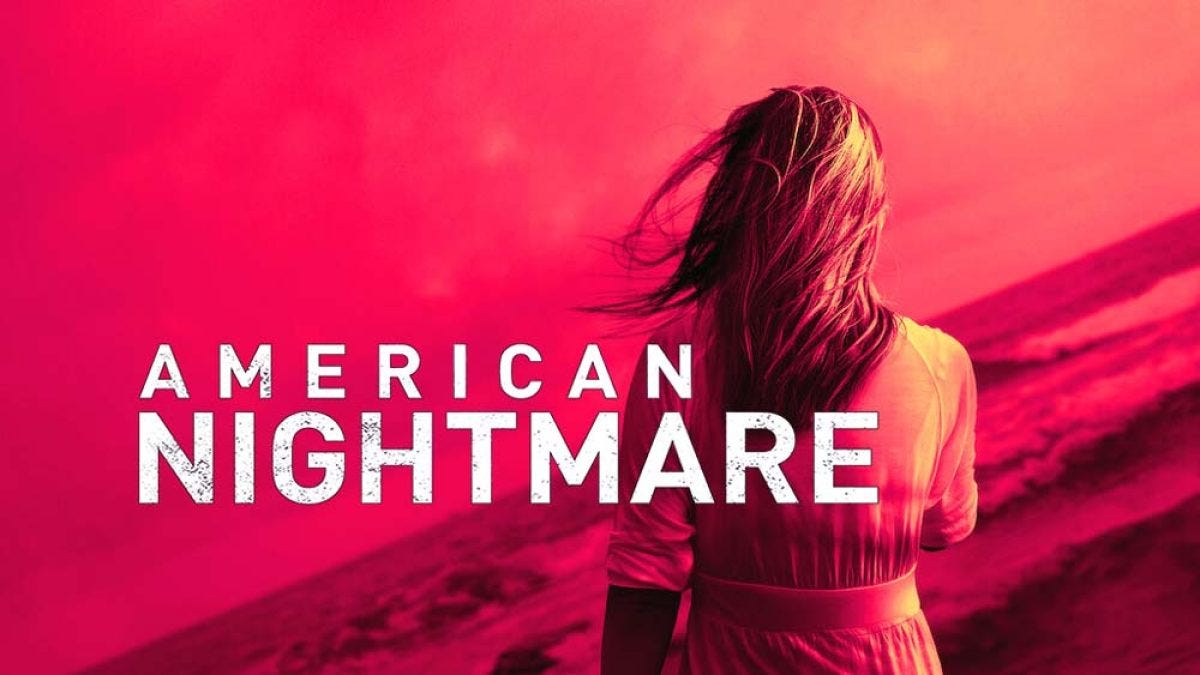
Composer: Jessica Jones
Additional Music: Sarah Playford
3×60 Netflix Documentary Series (2025)
This was my first time working with an additional writer, and I invited Sarah to join the project as a way of exploring that process. She initially supported me in an assistant role, primarily by adapting and editing cues from my existing material that the production was already using in the edit. In addition, she composed 4–5 original cues across the series, all based on the thematic material I had established, which helped maintain a strong sense of coherence within the musical world I had mapped out.
Throughout the process, I carefully noted which cues Sarah had composed and ensured these were accurately reflected on the cue sheet. This was shared with production at final delivery, enabling Sarah to be correctly registered with PRS and receive royalty payments for her contributions. Sarah received an Additional Music credit on the series.
The Peace Particle
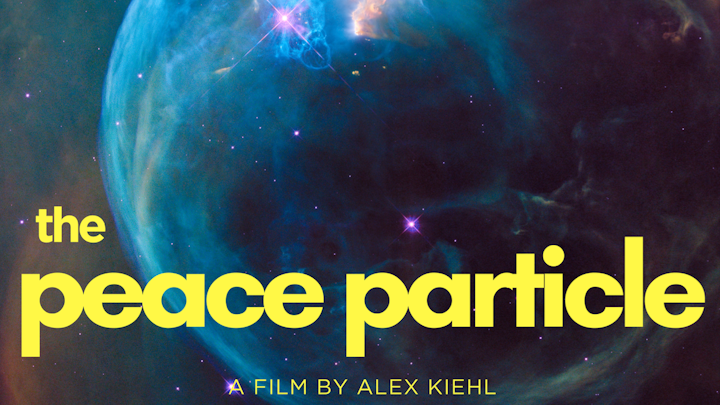
Composer: Sam Thompson
Additional Music: Helen Lyon
1×90 Telesgop Productions (2025)
When I first spoke to the director, Alex Kiehl, about The Peace Particle it became quickly apparent that I was going to need help on the project as the turnaround was very quick. I’d known Helen for a while and had been looking for an opportunity to work with her, she lives locally and is a terrific composer.
I had a good and open chat with Helen about what I hoped for from her as an additional writer regarding how much music she would write. I laid out that I would write themes and develop our sound palette and that I wanted her to work from my themes and logic projects but also would want her to start some cues entirely from scratch. I also invited her to tell me any of her own expectations and to ask any questions she had. We agreed a split that would work for our shares of the workload and that that would be reflected in splitting the fee (after costs) as well as royalties.
I spoke to Alex about the process of having an additional writer and how that would work. I explained that I would be the lead composer and would be responsible for all the music and that I would be as familiar with Helen’s cues as I was with my own. Once Alex agreed that this was ok my agents at Manners Faber spoke to production and formalised the agreement.
I involved Helen heavily from nearly the start. The very initial talks with Alex were just me and him, but once we were having more formal discussions about the music direction with the editor and producer as well I invited Helen into those meetings to take part and to contribute. I think this is a key part of additional music where it’s possible as there’s so much more to our job than just writing music.
Helen received an onscreen credit of ‘Additional Music: Helen Lyon.’ My experience is that this isn’t always possible but was glad it had been so here.
Night Always Comes
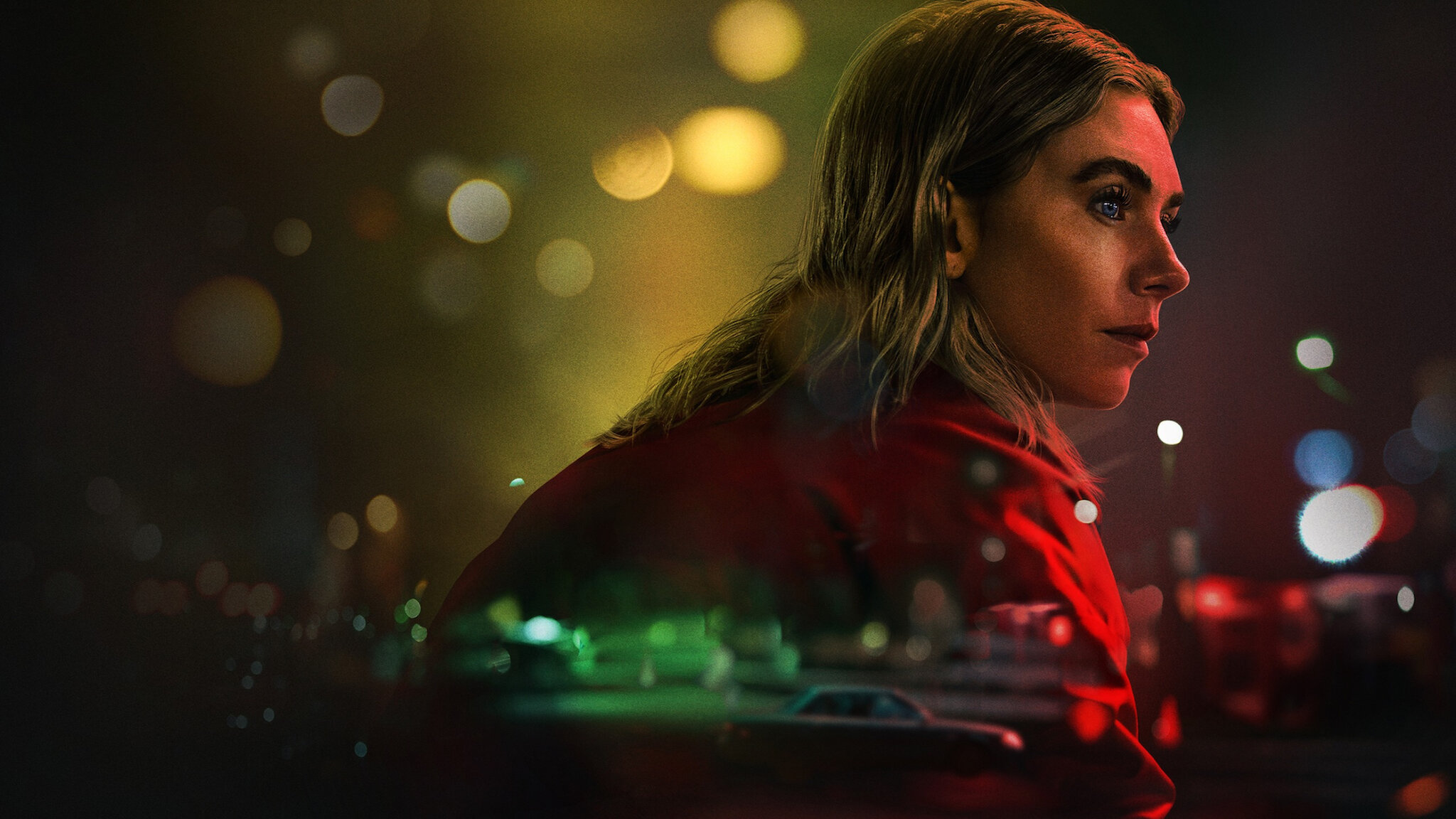
Composer: Adam Janota Bzowski
Additional Music: Nico Dalla Vecchia & Tom Skyrme
Feature film for Netflix (2025)
When I signed on to work on this project, production had already parted ways with one composer and was significantly behind schedule. I therefore had limited time to deliver a finished 90-minute score. I brought Tom and Nico in to help with the enormous workload so I could deliver on time.
I divided the cues up amongst the team, provided some light tonal direction and let them run with it. I would edit, remix and adapt their work, folding it into the final cues I would eventually deliver. Both Tom and Nico were paid a day rate plus a cue sheet split on any cues that made the final cut. This meant their work would be remunerated regardless of its use in the final feature, meaning their time would not be exploited -which can happen with a flat fee payment. I also ensured they received an ‘additional music by’ credit in the end crawl. IMDb can serve as a composer’s CV so it’s vital that accurate recognition is given. When the project finished Tom and Nico were asked to sign boilerplate Certificate of Authorship contracts from production.
It is worth noting that despite this being my 10th professional project as a composer, I was never taught how this process of working with additional composers should in fact run. There are no official guidelines or roadmaps for the proper way this working relationship should operate. Instead, it operates seemingly ad hoc, and highly variable project to project, composer to composer, across all territories. My agreements with my additional writers were a handshake deal and a frank conversation about what they wanted to be paid. Giving proper credit and cue sheet splits seemed obvious for me to include on the deal, but greater transparency in the industry will ensure artists receive proper compensation for their work, and that lead composers will operate according to best practice.
Fackham Hall
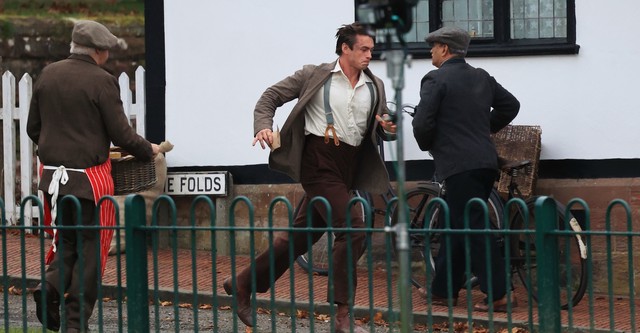
Composer: Oli Julian
Additional Music: Helen Lyon & Andrew Swarbrick
Due to a scheduling overlap, the writing period for Fackham Hall (a 90-minute comedy feature) coincided with the final post-production on another major film I was scoring. It quickly became clear that I would need some additional support to complete the Fackham Hall cues within the locked delivery dates, which the production could not afford to move.
As the film and score were a pastiche of Brideshead Revisited and Downton Abbey, it was a genre-focused brief with a clearly defined musical language. I saw this as an opportunity to bring on trusted collaborators who could work effectively within that framework. I had been impressed by the work of Helen Lyon and Andrew Swarbrick and felt their writing styles would complement the project well.
With production’s agreement, Helen and Andrew each composed two substantial cues, drawing on my thematic and melodic material where appropriate. I paid them a per-cue rate, and both were formally credited for their contributions — listed on the cue sheet for each cue they composed and receiving an onscreen credit for “Additional Music.”
Although we each worked in separate DAWs and with different sample libraries, this had little impact on consistency, as the majority of the score’s instrumentation was recorded live at AIR Studios and Fames, Macedonia. Both Helen and Andrew attended the Fames recording sessions remotely via Zoom, ensuring they were fully involved in the creative process.
7/7 : Homegrown Terror
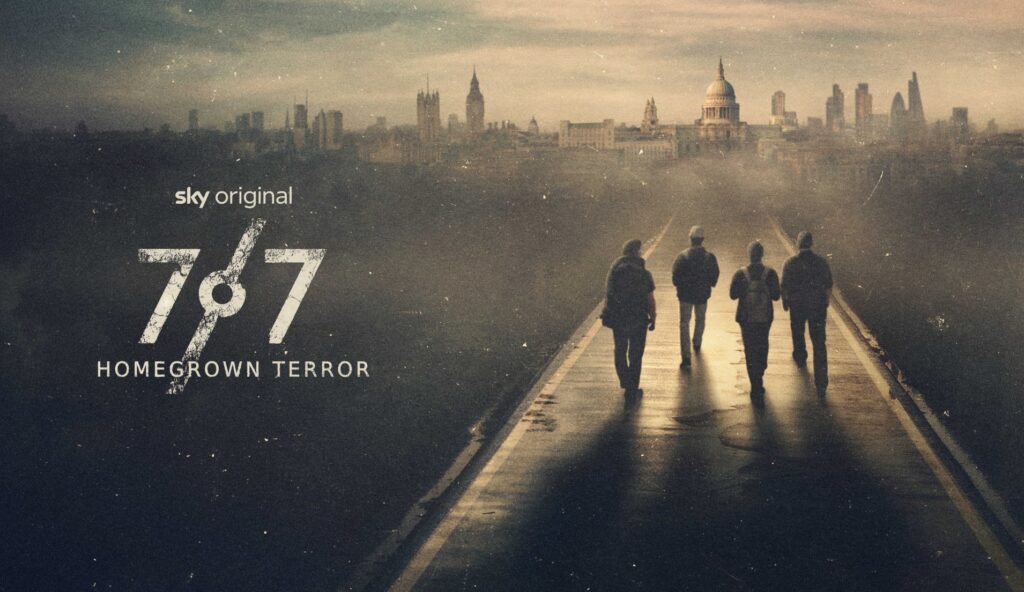
Composer: Nick Foster
Additional Music: Sarah Playford
3×60 Blast Films / Sky Documentaries (2024)
When I began work on Blast Films’ series commemorating the 20th anniversary of the 7/7 attacks, I knew that I had other work scheduled that would need space, and that midway through the edit, I was going to be taking time off to become a father – so I definitely needed a collaborator! Sarah Playford came highly recommended to me by my agents and by my friend Jess Jones, and importantly, I loved what I heard of her musical voice, which I felt would fit well into what I was intending musically. We spoke and made a plan.
Having spoken to the director Tim Lawton to agree that Sarah would be part of my team, my agent (and hers) Jenna Fentimen cleared Sarah’s involvement with the production, and sorted out a contractual side letter.
I then spent several months writing on the project solo, composing a suite of themes and cues which were then used in the edit across all three episodes, and beginning the process of scoring to picture.
About 10 weeks in, Sarah joined me, and began writing to picture. To make things creatively seamless, she incorporated my thematic material into her writing, and also worked extensively with the custom sample library that I and my assistant Harris Grant-Forster had designed for the project.
We worked on one Dropbox folder, bipping MIDI within our projects as we went, so that each of us could open up the other’s projects without compatibility problems.
As the project continued, I assigned her cues to write, sometimes from scratch, sometimes developing earlier cues written by either of us.
As lead composer I took responsibility for the entire score, but Sarah’s involvement was transparent; I was careful to credit her when cues of hers were liked in the room, and she was in contact with the director and edit throughout.
We agreed a proportional cue-sheet split across all the cues, rather than just the ones which Sarah had written or co-written. We did it this way, having agreed the principle early on, because in my experience, it reduces the risk of mistakes in registration with PRS, simplifies the process, and makes for a stable collaboration in which the additional writer knows they’ll have a substantial stake in the back end.
We then agreed a fee which reflected this cue sheet split.
Sarah received an “Additional Music : Sarah Playford” credit onscreen in the closing roller.
SATV released an OST for this series, on which Sarah received full credit.
The Great Rhino Robbery
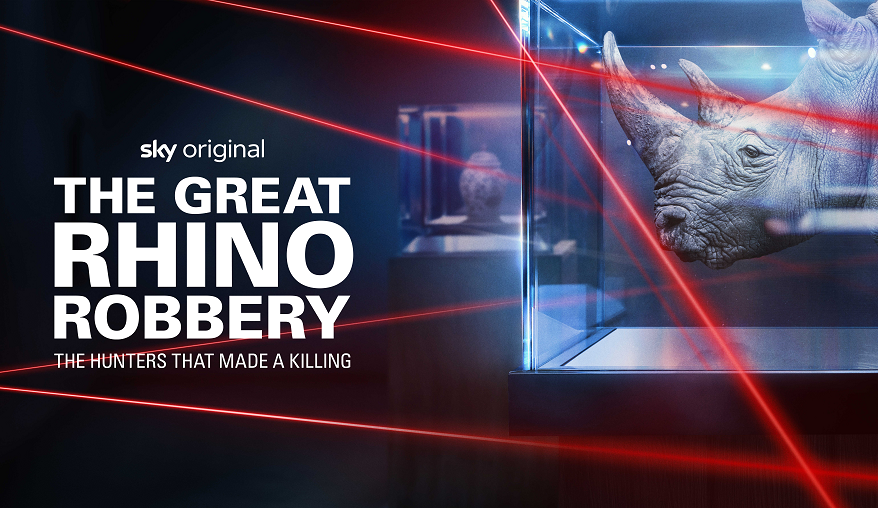
Composer: Sheridan Tongue
Additional Music: Adam Speck
3×60 BBC Documentary Unit & Sky Studios (2024)
I joined the production at a late stage, with all three episodes already in the edit and music delivery deadlines fast approaching. Within a few weeks of composing and submitting numerous themes, it became clear that the schedule simply didn’t allow me to deliver the full amount of music and the various styles of music required on my own.
I raised this with the producer and suggested the only way to meet the deadlines was to bring on an additional composer. I recommended my assistant, Adam Speck, making it clear that I would remain the lead composer, overseeing all aspects of the score. I reassured production that Adam would be the perfect collaborator and could deliver high-quality work under my direction. I was also sure that Adam’s musical approach would complement mine and help tell this unravelling global story about the illegal rhino horn trade.
My agent, Steve Berman of The Composer Works, requested permission on my behalf to use Adam, which was agreed by production. Adam then began writing new themes alongside me, and together we submitted both my material and Adam’s to the edit.
Adam was formally credited for his work. He was listed on the cue sheet for every cue he composed and received an “Additional Music by Adam Speck” credit onscreen.
When I entered the soundtrack for the 2025 Ivor Novello Awards I added Adam to the entry as I felt his contribution was significant enough to warrant a joint nomination for us both.